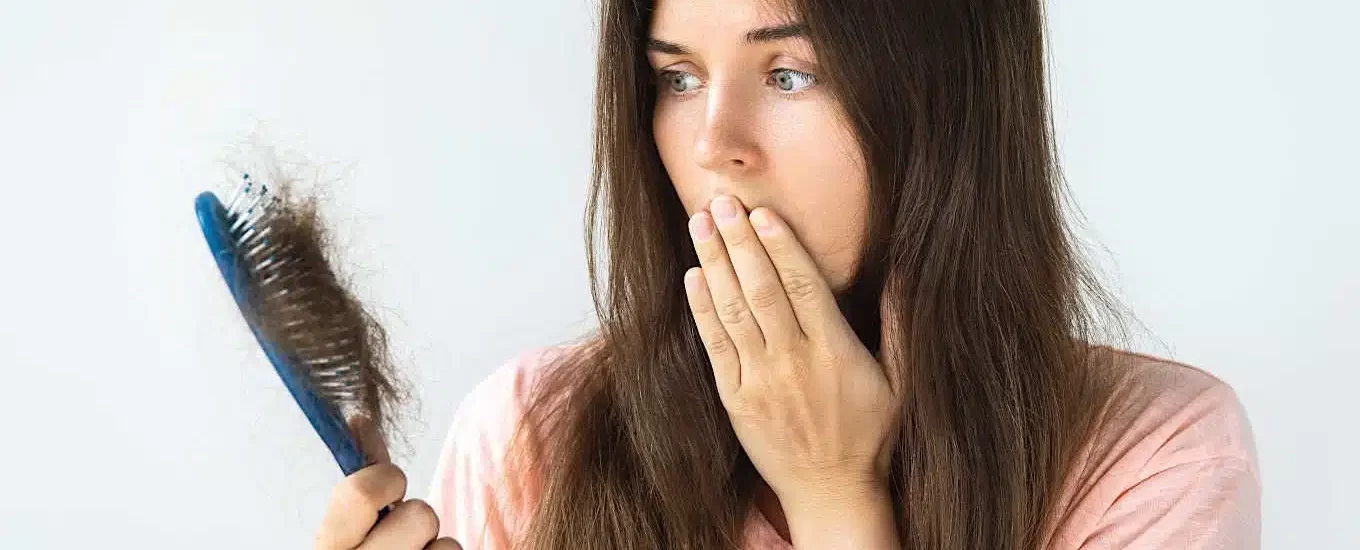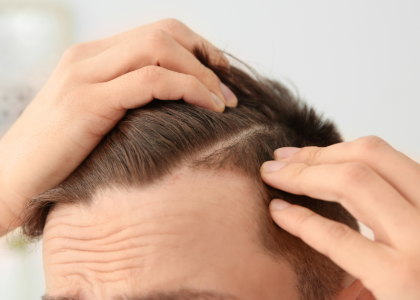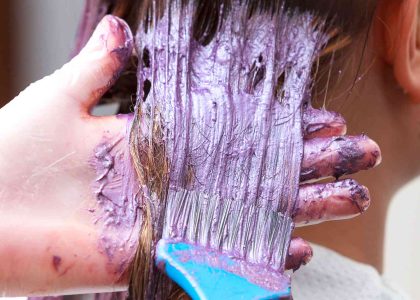How to Prevent Hair Loss: Keeping Your Locks Lush and Healthy
Hair loss is a common concern for both men and women. It can be caused by a variety of factors, including genetics, hormones, aging, and medical conditions. While some hair loss is inevitable, there are steps you can take to prevent it and keep your hair healthy and strong.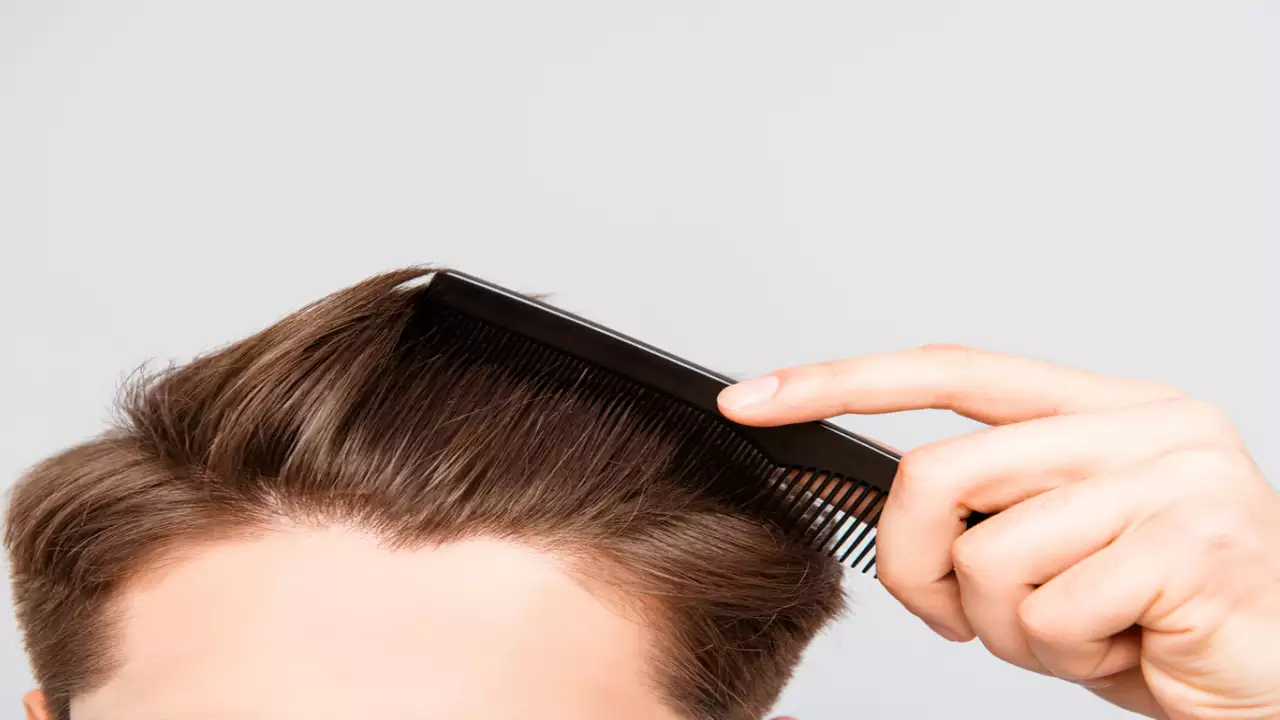
Understanding Hair Loss
Hair naturally goes through a growth cycle with three phases: anagen (growth), catagen (transition), and telogen (resting). At any given time, most of your hair follicles are in the anagen phase, which can last for years. However, as we age, the anagen phase shortens, and the telogen phase lengthens. This leads to more hair follicles being in the resting phase at any one time, resulting in more hair shedding.
There are two main types of hair loss: androgenetic alopecia (male or female pattern hair loss) and telogen effluvium. Androgenetic alopecia is caused by a sensitivity to the hormone dihydrotestosterone (DHT). DHT shrinks hair follicles, leading to thinner and shorter hair growth over time. Telogen effluvium is temporary hair loss that can be triggered by stress, illness, nutritional deficiencies, or certain medications.
Diet and Hair Health
What you eat plays a role in your hair health. A balanced diet rich in essential nutrients is important for hair growth and can help prevent hair loss. Here are some key nutrients to focus on:
- Protein: Hair is made up mostly of protein, so getting enough protein is essential for hair growth. Aim for lean protein sources like fish, chicken, beans, and lentils.
- Iron: Iron deficiency is a common cause of hair loss, especially in women. Include iron-rich foods in your diet, such as red meat, leafy green vegetables, and lentils.
- Vitamin D: Vitamin D deficiency has been linked to hair loss. You can get vitamin D from sunlight exposure or from foods like fatty fish, eggs, and fortified milk.
- Omega-3 fatty acids: Omega-3 fatty acids can help promote scalp health and hair growth. Eat plenty of fatty fish like salmon and tuna, or consider taking an omega-3 supplement.
- Biotin: Biotin is a B vitamin that is important for hair health. Biotin deficiency can cause hair loss. You can get biotin from foods like eggs, nuts, and avocados.
In addition to these specific nutrients, staying hydrated is also important for hair health. When you’re dehydrated, your scalp can become dry and itchy, which can contribute to hair loss.
Hair Care Practices to Minimize Loss
The way you care for your hair can also impact how much hair you lose. Here are some tips for healthy hair care:
- Gentle shampooing: Wash your hair regularly, but not too often. Daily shampooing can strip your hair of its natural oils. Use a gentle shampoo that is formulated for your hair type.
- Conditioning: Condition your hair after every shampoo to help keep it hydrated and prevent breakage.
- Avoid harsh styling products: Limit your use of heat styling tools like blow dryers, straighteners, and curling irons. These can damage your hair and lead to hair loss. If you do use heat styling tools, be sure to use a heat protectant spray first.
- Gentle brushing and combing: Brush and comb your hair gently to remove tangles. Avoid brushing your hair when it’s wet, as this is when it’s most vulnerable to breakage.
- Minimize tight hairstyles: Avoid wearing tight hairstyles that pull on your hair, such as tight ponytails, braids, or cornrows. These hairstyles can put stress on your hair follicles and lead to traction alopecia.
Managing Stress for Hair Health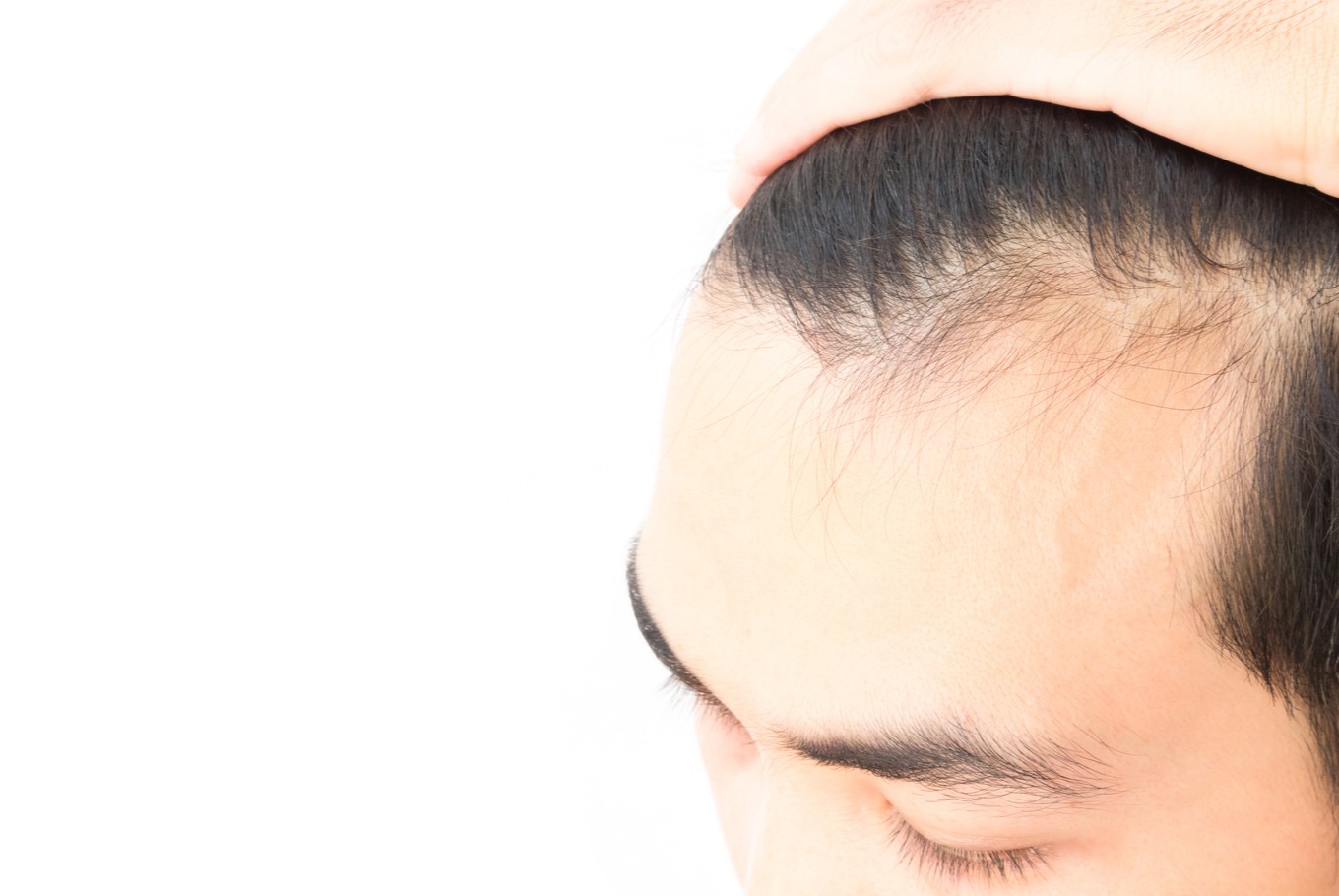
Stress can be a major trigger for hair loss. When you’re stressed, your body goes into fight-or-flight mode. This can lead to hormonal changes that can disrupt the hair growth cycle and cause hair loss. There are a number of things you can do to manage stress and keep your hair healthy:
- Exercise regularly: Exercise is a great way to reduce stress and improve your overall health. Aim for at least 30 minutes of moderate-intensity exercise most days of the week.
- Get enough sleep: When you’re well-rested, your body is better able to cope with stress. Aim for 7-8 hours of sleep each night.
- Practice relaxation techniques: Relaxation techniques like yoga, meditation, and deep breathing can help to reduce stress and improve your overall well-being.
- Seek professional help: If you’re struggling to manage stress on your own, consider talking to a therapist or counselor.

